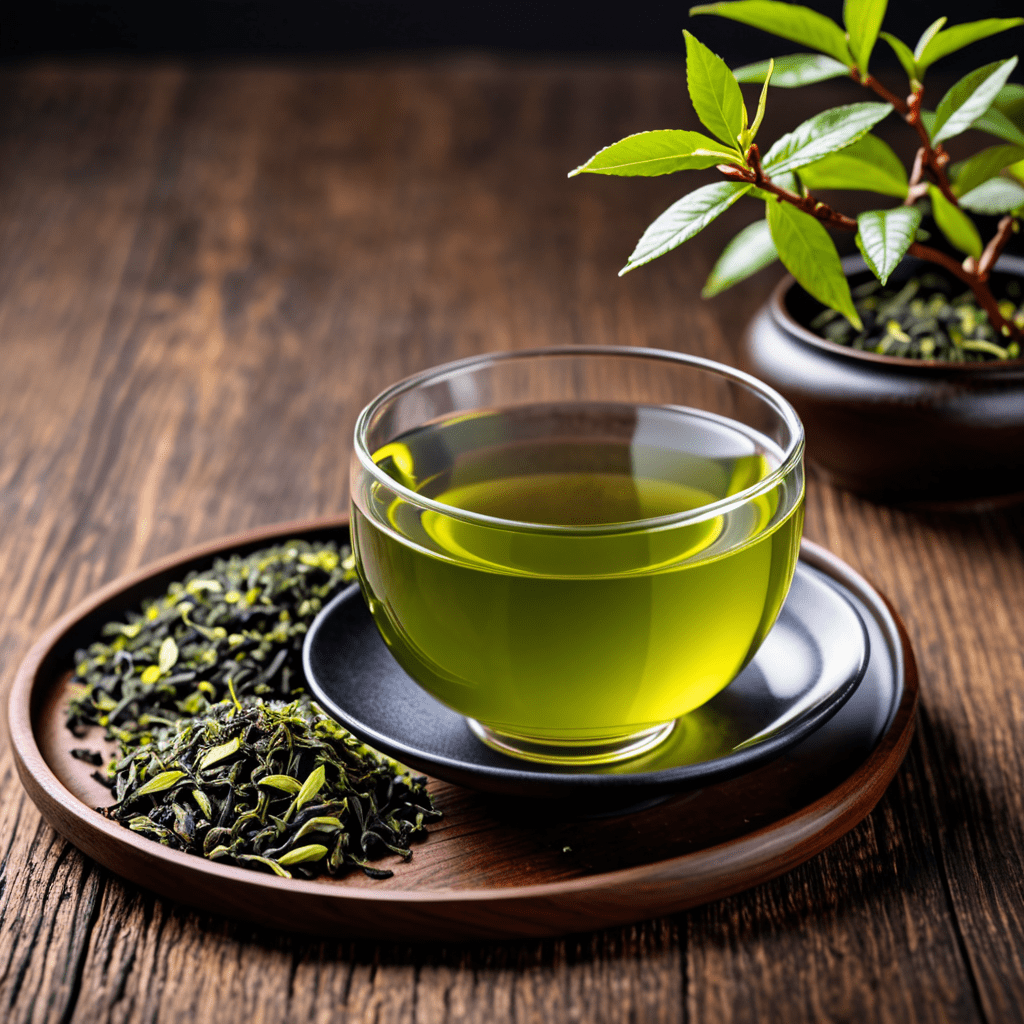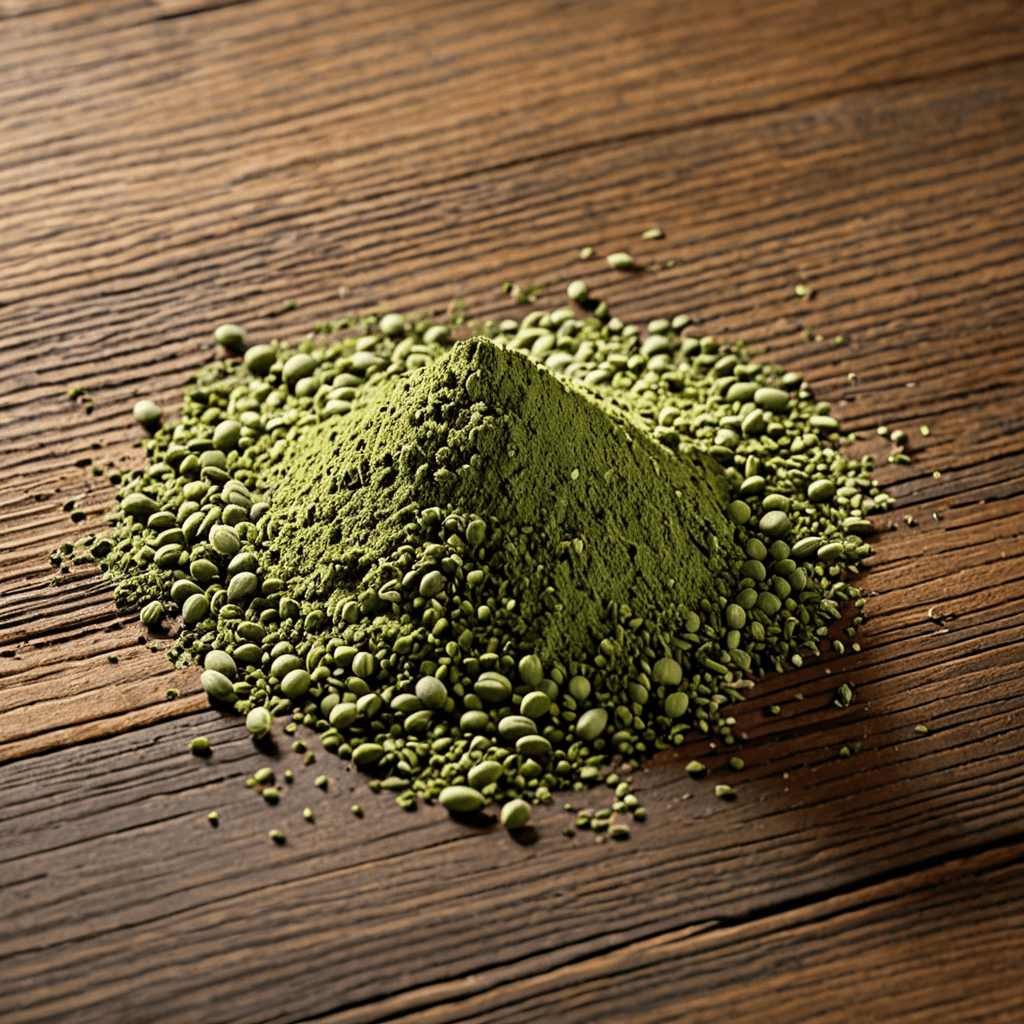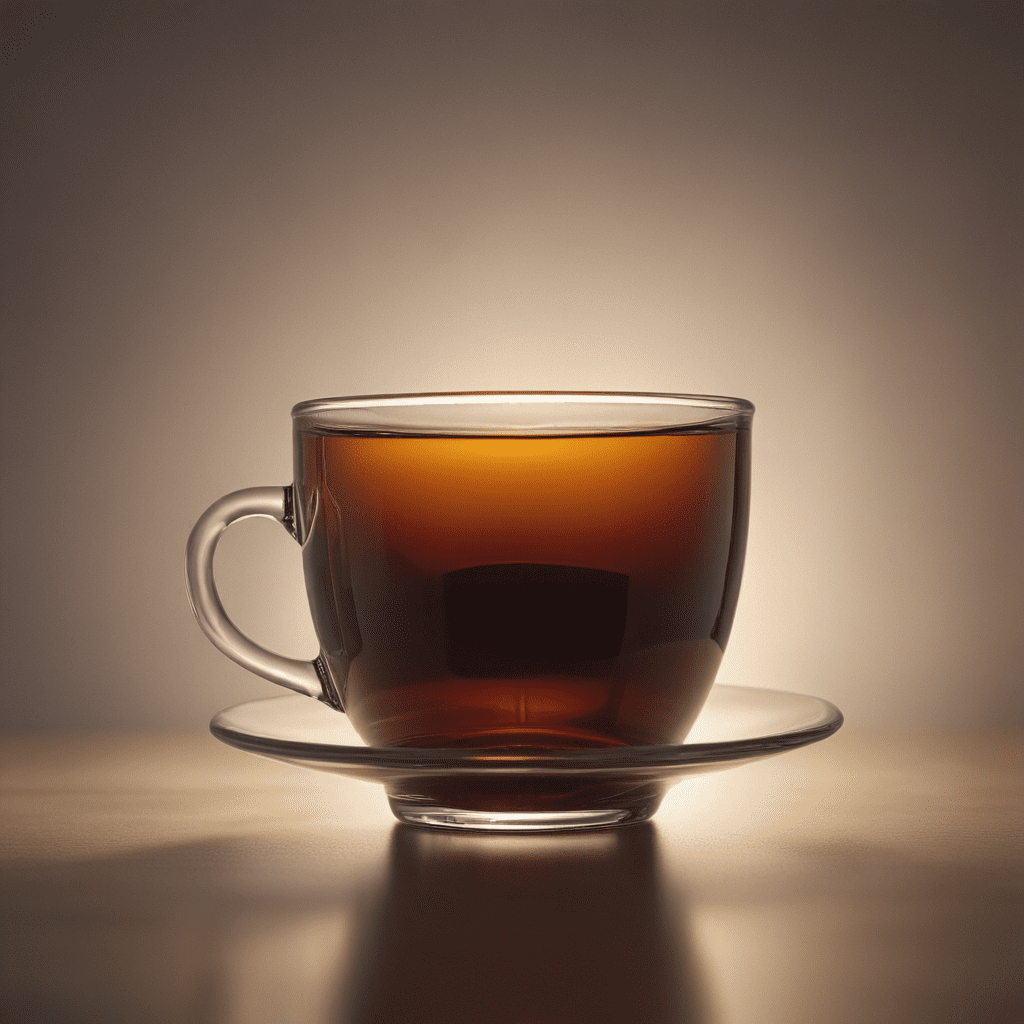
**1. Introduction to Chai Tea**
Chai tea, a beloved beverage originating from India, has captivated taste buds and fostered wellness traditions for centuries. This aromatic tea blend, crafted with an exquisite symphony of spices and black tea, embodies a harmonious union of flavors and therapeutic properties.
**2. Traditional Uses of Chai Tea in Ayurveda**
Rooted in the ancient Indian system of medicine known as Ayurveda, chai tea holds a revered place as a holistic elixir. Ayurvedic practitioners have harnessed its healing powers for myriad ailments, including digestive issues, respiratory infections, and general debility.
**3. Antioxidants in Chai Tea and Their Health Benefits**
Chai tea is a potent source of antioxidants, particularly theaflavins and thearubigins. These compounds scavenge free radicals, protecting cells from damage and contributing to overall wellness. Studies suggest that regular consumption of chai tea may reduce the risk of chronic diseases such as heart disease and certain cancers.
**4. Chai Tea for Digestive Health**
The aromatic spices in chai tea, like ginger and cardamom, possess carminative properties. These properties aid in digestion, reducing gas and bloating and promoting a healthy digestive system. Moreover, the presence of tannins exerts an astringent effect, soothing an upset stomach.
**5. Chai Tea and Cardiovascular Health**
Chai tea has shown promise in supporting cardiovascular health. The theaflavins and thearubigins found in the tea exhibit anti-inflammatory and vasodilatory effects, promoting healthy blood flow and reducing the risk of heart disease.
**6. Chai Tea as an Immunity Booster**
Chai tea is a rich source of vitamin C and antioxidants, making it an effective immune system booster. Vitamin C supports the production of white blood cells, which play a vital role in fighting infections. Antioxidants protect the immune cells from damage, enhancing the body's ability to resist illness.
**7. Anti-Inflammatory Properties of Chai Tea**
Chai tea possesses potent anti-inflammatory compounds such as gingerol from ginger and curcumin from turmeric. Gingerol inhibits the production of inflammatory mediators, reducing pain and inflammation throughout the body. Curcumin has been shown to have anti-arthritic properties and may alleviate symptoms of inflammatory conditions such as rheumatoid arthritis and osteoarthritis.
**8. Chai Tea for Stress Relief and Sleep Quality**
Chai tea contains theanine, an amino acid that promotes relaxation without inducing drowsiness. The combination of theanine and caffeine provides a calming alertness, making chai tea an ideal beverage for reducing stress levels. Additionally, the antioxidants in chai tea may improve sleep quality by protecting against oxidative damage and reducing inflammation in the brain.
**9. Potential Side Effects and Contraindications of Chai Tea**
While generally safe for consumption, chai tea may have some side effects, particularly if consumed excessively. The caffeine content in chai tea can lead to restlessness, anxiety, and sleep disturbances. Individuals sensitive to caffeine should limit their intake or consider decaffeinated options. Additionally, certain spices in chai tea, such as cloves, may interact with medications and should be consumed in moderation or avoided if contraindicated.
**Conclusion: The Medicinal Benefits of Chai Tea**
Chai tea is a multifaceted beverage that offers a myriad of medicinal properties. Its rich blend of spices and antioxidants promotes digestive health, cardiovascular well-being, immunity, stress relief, and sleep quality. However, it is important to note the potential side effects of excessive consumption and consult a healthcare professional if any concerns arise. Incorporating chai tea into your daily routine can enhance your overall health and well-being, making it a truly holistic and rejuvenating beverage.
**FAQs**
1. How much chai tea should I drink per day?
The recommended daily intake of chai tea depends on individual caffeine tolerance. Generally, 2-3 cups per day is considered moderate.
2. Can chai tea help with weight loss?
Chai tea contains antioxidants and compounds that may support metabolism, but it alone cannot promote significant weight loss.
3. Is chai tea a diuretic?
Yes, the caffeine content in chai tea may have a diuretic effect, increasing urine production.
4. Can I drink chai tea during pregnancy?
It is generally recommended to limit caffeine intake during pregnancy. Consult your healthcare provider for guidance on consuming chai tea while expecting.
5. Is decaffeinated chai tea as healthy as regular chai tea?
Decaffeinated chai tea still retains many of the beneficial compounds found in regular chai tea, including antioxidants and spices. However, it does not have the stimulating effects of caffeine.


